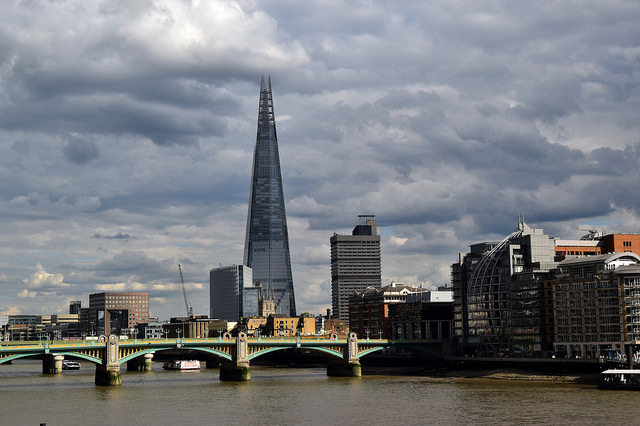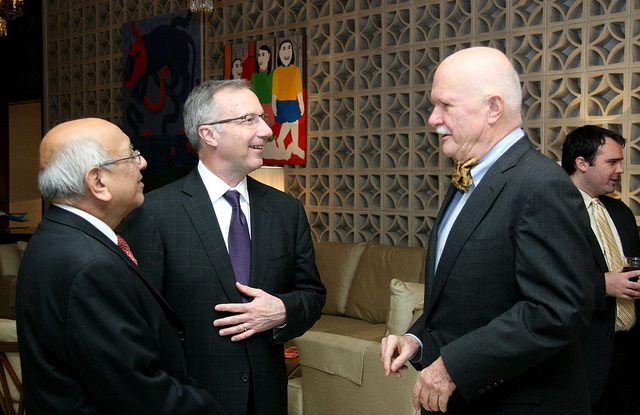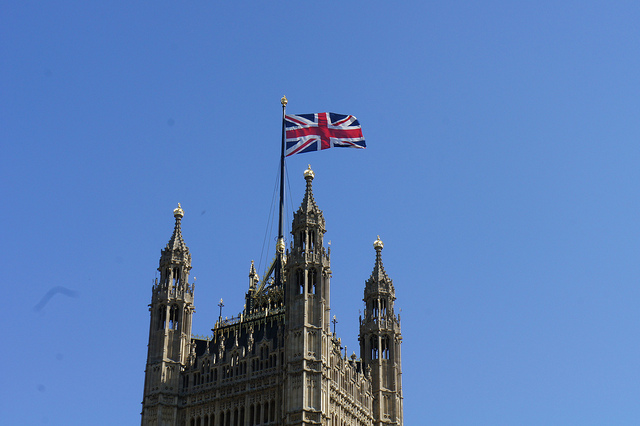UK companies are being warned to prepare for imminent changes to the Tier 2 Intra-Company Transfer Visa. The amendments, which were first announced in March 2016 with a view to being introduced this autumn, are likely to make it more difficult for multinational companies to transfer foreign personnel to the UK.
Changes to the Tier 2 Intra-Company Transfer (ICT) Visa were sanctioned amid allegations that the programme was being abused by multinationals, with the IT industry cited as a major culprit.





